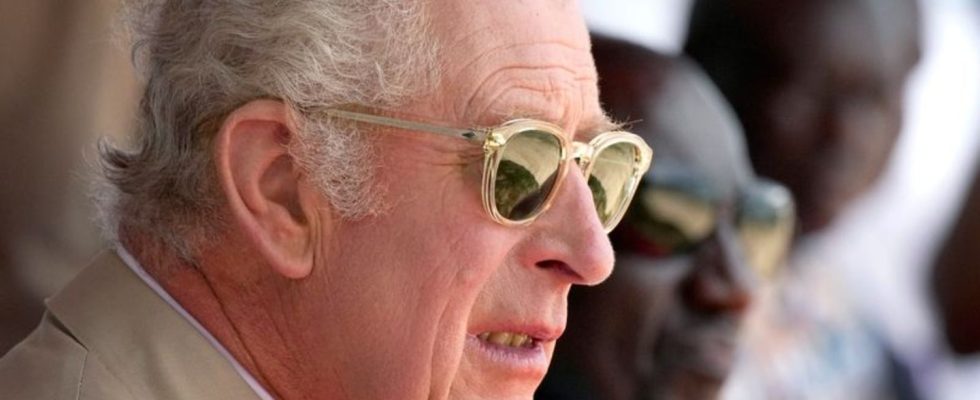Colonial crimes
Kenyans demand formal apology from King Charles
“Heinous and unjustifiable acts of violence have been committed against Kenyans,” says King Charles in Kenya. photo
© Brian Inganga/Pool AP/dpa
A constitutional lawyer in Kenya demands “more than crocodile tears” from King Charles. Many found his words about Britain’s colonial crimes during his state visit to be inadequate.
Kenyans have taken issue with King’s comments Charles III on British colonial-era crimes in the African country as inadequate. Protests of “sorrow and regret” are meaningless without a formal apology and reparations, civil justice lobby group Africans Rising said in a statement. The Kenyan constitutional lawyer Ekuru Aukot also demanded “more than crocodile tears” from Charles.
King Charles must “unconditionally and publicly apologize for the brutal treatment of Kenyans during the colonial era,” said Kenya’s Human Rights Commission. Kenya’s President William Ruto said a little more diplomatically: “Much remains to be done to achieve full reparation,” but Charles had shown “courage and willingness” to “shed light on uncomfortable truths that exist in the darker regions of our shared Experience lies”. Only Cabinet Secretary Wycliffe Musalia Mudavadi urged Kenyans to look to the future instead of remaining prisoners of the past.
State visit to Kenya
During his visit to the East African country of 55 million people this week, the British king said that the wrongdoings of the past were a cause for greatest sorrow and deepest regret. “Heinous and unjustifiable acts of violence have been committed against Kenyans,” Charles said. That is inexcusable. Charles said it was extremely important to him during his visit to Kenya to learn more about this injustice and to meet people whose lives and communities had been so badly affected.
The monarch has been on a state visit to Kenya with his wife Camilla since Monday. The country was formerly a British colony and became independent 60 years ago, in December 1963. In previous years, the so-called Mau Mau uprising, in which people had demanded their land back, had been bloodily suppressed.

